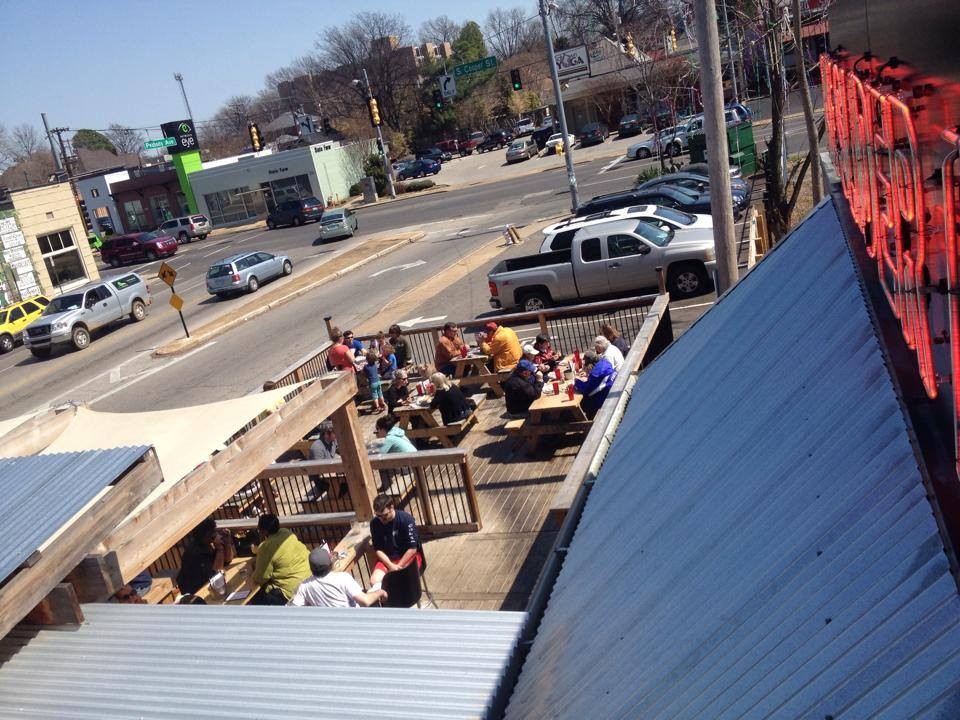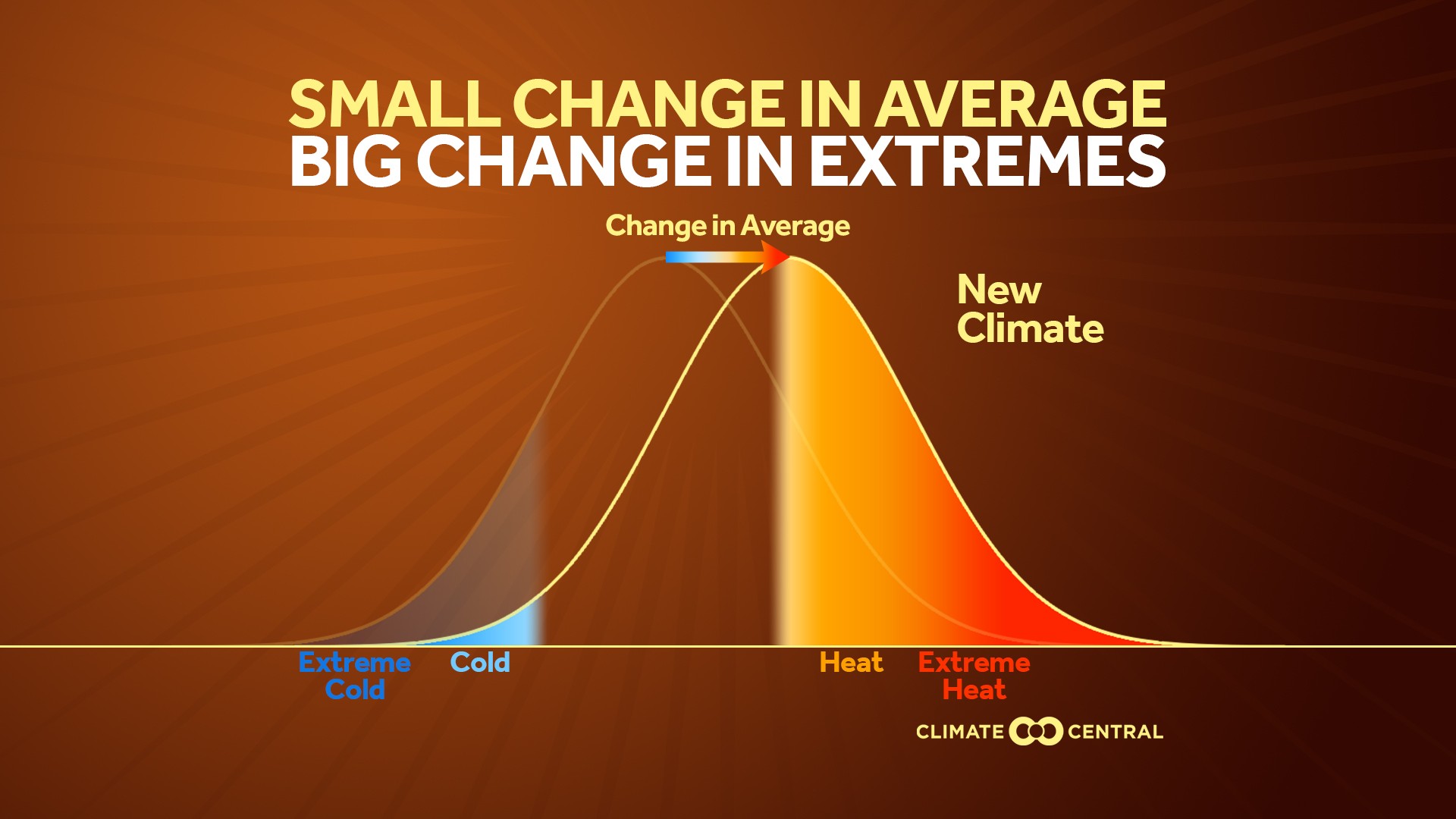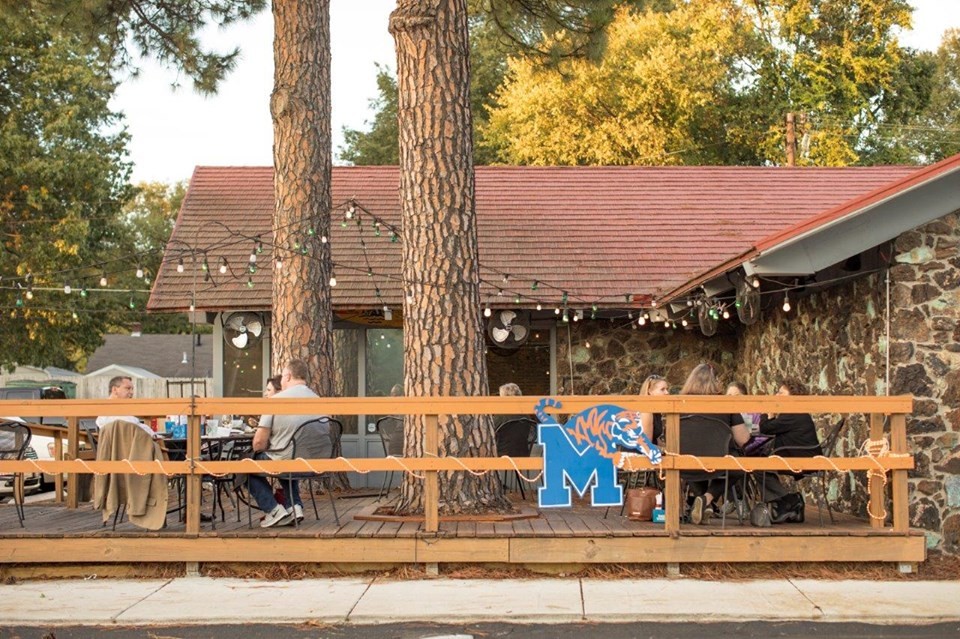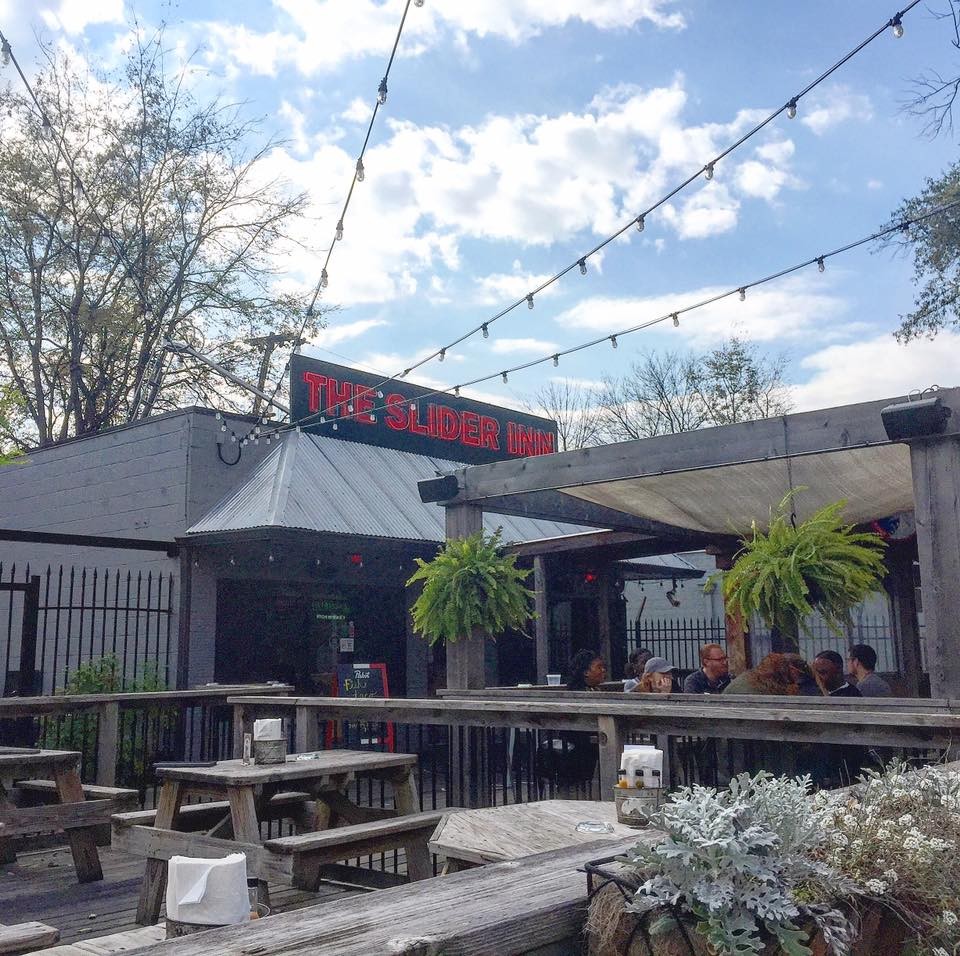Automatic tipping is familiar to any dinner gathering with a large party or, more recently, on checks for servers during the pandemic. But it’s arrived on every check at some restaurants and it may be here to stay.
Tipping is hardwired into the American hospitality industry. So are strong opinions about it. Some diners believe tipping is sport, a lagniappe earned on a server’s hustle. Some diners can’t bring themselves to tip less than 20 percent — no matter what — because servers depend on them as a big part of their salaries.
Even professional opinionistas can’t agree. A 2019 opinion piece in The New York Times claims the tipping system is “immoral.” However, an opinion piece for The Washington Post in 2018, claimed that if you get rid of tips, you’ll “lose your best servers.”
Automatic tipping, usually 20 percent-18 percent on every check, became more widespread during the pandemic. The demand for restaurants was high for diners looking for something familiar, normal. The supply of servers dwindled as many were laid off, quit on health concerns, or looked for new jobs.
Many restaurant owners made tips automatic. They wanted to retain their valuable, in-demand servers with steady cash, rather than leaving it to the whims of customers to determine their paychecks. This sentiment is said out loud at Margaritas in Cooper-Young. There, a sign in the dining room read recently that automatic tips would be included on all checks in order to keep servers.
“In the wake of the current employee shortage in the restaurant industry, many employers are beginning to understand that they can not maintain quality [front of house] staff at $2.13 [per hour] plus optional tipping,” said Allan Creasy, a political consultant and longtime Memphis bartender. “What I find unsettling is that in any other industry, the solution would be simple: raise the hourly wage.”
This tipping structure, called automatic gratuity, has been around and discussed long enough to need a shorthand, an abbreviated portmanteau. Those in the restaurant industry just call it “autograt.” But it’s not for all.
I’m opposed to it.
Mike Miller, owner Patrick’s Neighborhood Bar & Patio
“Me and my operation at [Patrick’s Neighborhood Bar & Patio], I’m opposed to it,” said Mike Miller, the restaurant’s owner, past president of the Memphis Restaurant Association, and 2019’s Tennessee Restaurateur of the Year by the Tennessee Hospitality and Tourism Association. “I have never, nor do I have any desire or intent ever to institute an autograt. … I want my staff accountable to their customers. The idea of a gratuity is to ensure proper service.”
Tipping is ingrained in American society, Miller said. But the model is also ingrained in the American restaurant business.
Profit margins at independent restaurants are thin, Miller said, probably somewhere between 3 percent and 6 percent to the bottom line. Wages for many restaurant’s front-of-house workers — servers, hosts, and bartenders — make up around 5 percent of a restaurant’s expenses.
Increase current minimum wages (of around $2 per hour) to $10 per hour, Miller said, and those wage expenses would rise to 25 percent of a restaurant’s income. That wipes out the profit margin (of 3 percent-6 percent) and makes the business no longer viable, Miller said.
Numerous restaurants around Memphis have gone to the autograt system, sometimes quietly. But diners are taking notice.
Will it last? Miller thinks maybe so.
“I would say that once you go down this road — it’s kind of like the wheel tax — you never go back,” Miller said.

 Slider Inn/Facebook
Slider Inn/Facebook  Climate Central
Climate Central  Patrick’s Neighborhood Restaurant & Bar/Facebook
Patrick’s Neighborhood Restaurant & Bar/Facebook  Slider Inn/Facebook
Slider Inn/Facebook